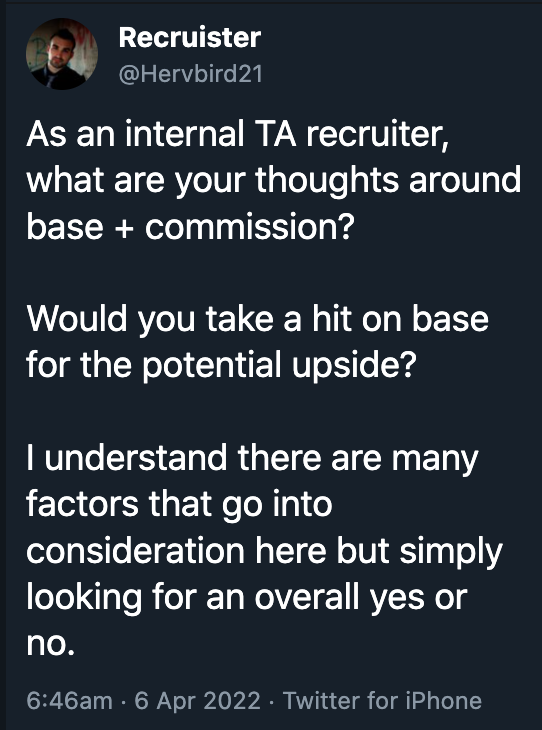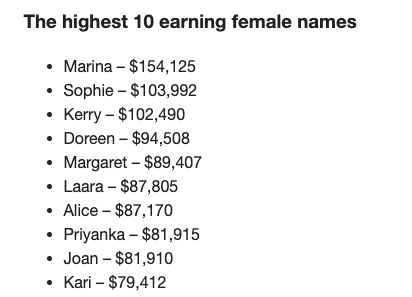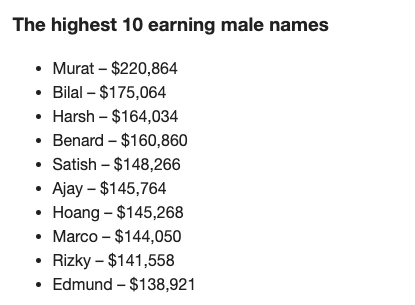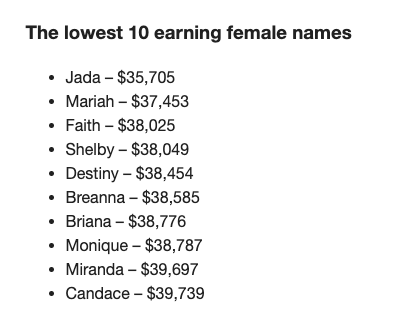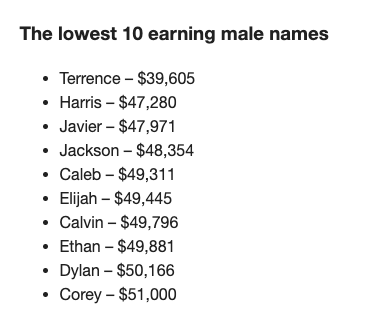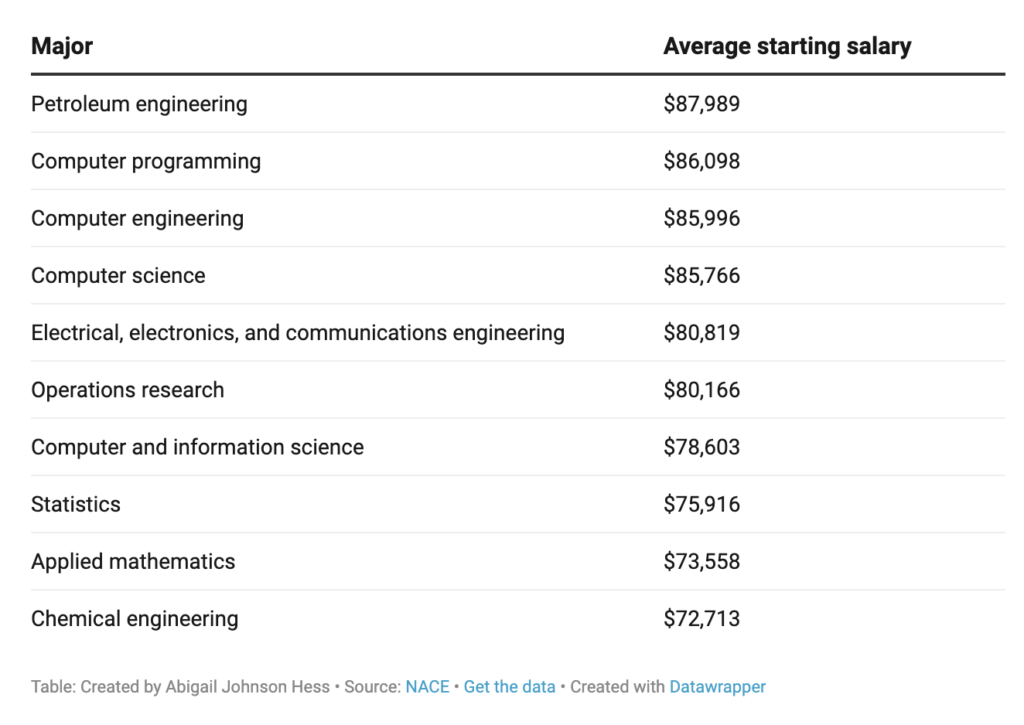Should you know your manager’s salary? Should companies share this salary information internally? I get it – they’re common questions. In today’s push for transparency, this is a complex issue. Generally, higher-level employees (not in publicly traded companies) are less inclined to support sharing this information within the organization. On the flip side, lower-level employees often desire more transparency.
Why is this?
The desire to know colleagues’ salaries boils down to trust. Interestingly, the higher you climb within an organization, the less you tend to trust those below you. That sucks, doesn’t it? The lower you are, the more you trust those above you are making the right decisions. You could argue this. Sure many people at low levels don’t ‘trust’ management. Yet, they still show up to work each day, and grind it out for $15/hr. Those at the top are making 6,7,8 figure incomes, and jump around from position to position. Who is more trusting?
Whole Foods is known for its policy of disclosing all employees’ salaries internally. From Business Insider:
Whole Foods co-CEO John Mackey introduced the policy in 1986, just six years after he co-founded the company. In the book, he explains that his initial goal was to help employees understand why some people were paid more than others. If workers understood what types of performance and achievement earned certain people more money, he figured, perhaps they would be more motivated and successful, too.
“I’m challenged on salaries all the time,” Mackey explained. “‘How come you are paying this regional president this much, and I’m only making this much?’ I have to say, ‘because that person is more valuable. If you accomplish what this person has accomplished, I’ll pay you that, too.’”
Beyond making compensation data available to all employees, Whole Foods also has its managers post their store’s sales data each day and regional sales data each week. Once a month, Whole Foods sends each store a detailed report on profitability and sales at each of the chain’s locations. In fact, in the late 1990s the widespread availability of so much detailed financial data led the SEC to classify all of the company’s 6,500 employees as “insiders,” according to a 1996 story by Fast Company.
“Timmy, that only works at a big, great companies like Whole Foods!” Yeah, you’re probably right. It takes a strong, positive culture to handle this type of information being out in the open. It takes extremely good leadership to handle the challenges coming in from average and weak performers believing they should get what someone else is getting. It takes a great talent acquisition team to hire the right people with the maturity to work in an organization that has this much trust in their employees to handle such delicate information. It takes co-workers trusting one another, that each one is adding value to the corporation, and respecting the value each brings.

